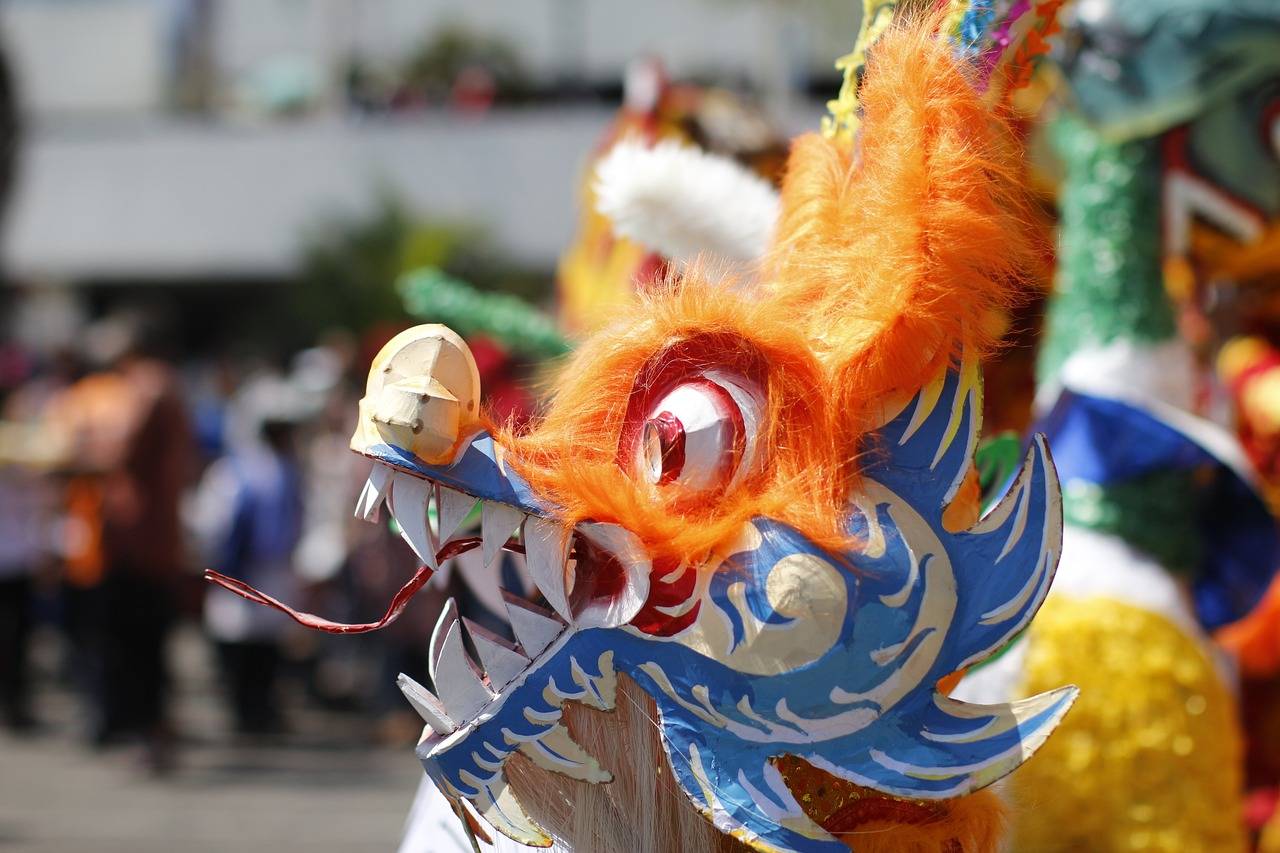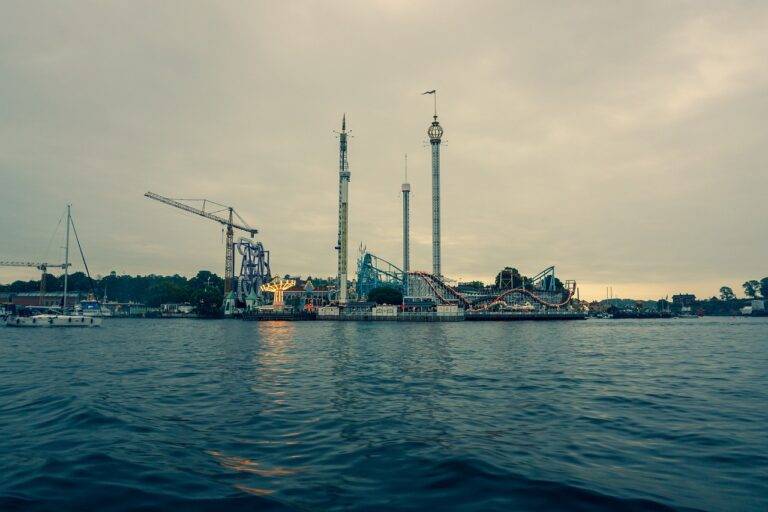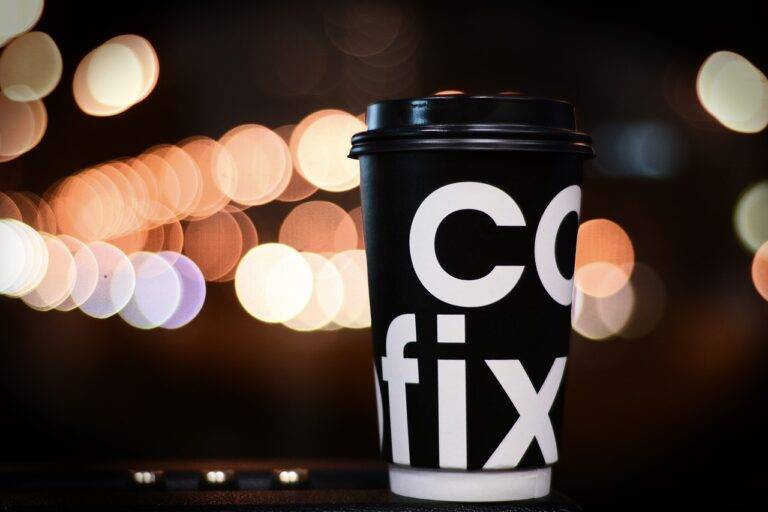The Influence of Historical Events on Entertainment: Commemorating and Reflecting on the Past
The invention of the printing press in the 15th century revolutionized the way information and entertainment were disseminated. This technological advancement allowed for the mass production of books, sparking the rise of literature as a form of entertainment accessible to a broader audience. The widespread availability of printed materials laid the foundation for the evolution of storytelling and paved the way for the development of modern forms of entertainment.
The Industrial Revolution of the 18th and 19th centuries brought about significant advancements in technology, leading to the creation of new forms of entertainment. Innovations such as the phonograph, motion picture camera, and later, television, revolutionized the way people consumed entertainment. These inventions not only provided new avenues for artists to showcase their talents but also transformed the entertainment industry by making it more accessible and immersive for audiences.
How Historical Events Influence Popular Culture
One of the most intriguing aspects of popular culture is how it is deeply intertwined with historical events. The socio-political landscape, technological advancements, and global conflicts all leave their mark on the entertainment industry, shaping the content we consume and the trends we follow.
For example, the Great Depression of the 1930s led to the rise of escapist entertainment such as musicals and slapstick comedies, offering people a temporary reprieve from their harsh realities. Similarly, World War II influenced the emergence of patriotic films and war dramas that reflected the mood of the nation during times of turmoil. These historical events not only influenced the themes and genres of popular culture but also impacted the perception and portrayal of societal values in movies, music, and literature.
How do historical events shape the entertainment industry?
Historical events can influence the themes, storylines, and characters portrayed in movies, TV shows, music, and other forms of entertainment. They can also inspire new creative works that reflect the impact of these events on society.
Can you provide examples of historical events that have influenced popular culture?
Some key historical events that have shaped popular culture include World War II, the Civil Rights Movement, the Vietnam War, the Cold War, and the 9/11 terrorist attacks. These events have inspired countless movies, books, songs, and other forms of entertainment.
How do historical events impact the way we consume entertainment?
Historical events can influence the way we perceive and interpret entertainment. For example, a movie set during the Great Depression may resonate differently with viewers than one set during the Roaring Twenties. Historical events can also shape the types of stories that are told and the characters that are portrayed in entertainment.
In what ways can historical events influence music?
Historical events can inspire musicians to write songs that reflect the social, political, and cultural climate of their time. For example, protest songs written during the Civil Rights Movement or the Vietnam War era often addressed important issues and called for change. Additionally, certain events may influence the sound and style of music in a particular era.





